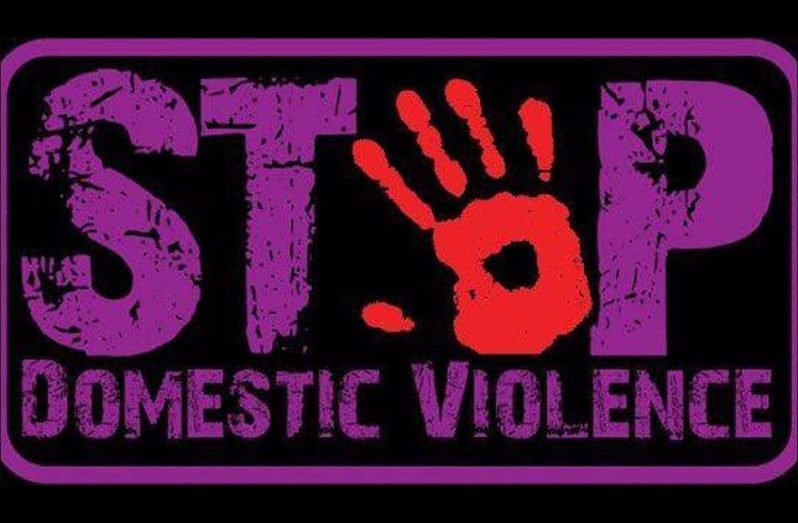By Vanessa Cort
GIVEN the worrying nature of spousal abuse in this country and the increasing number of reported cases, it is heartening to know that the Guyana Police Force is currently running a comprehensive training programme on gender-based violence (GBV).
This initiative is both timely and essential, as it comes against a background of heightened violence engendered by the stress of the COVID- 19 pandemic
In addition, partners, who were previously separated by work and other activities outside of their homes, now find themselves spending more time together. When their relationship is a violent one, then incidents increase because of their prolonged close proximity to each other.
While society as a whole has a role to play in helping to prevent domestic violence, effective legislation and knowledgeable policing are vital to this effort.
Under the auspices of the United Nations Population Fund (UNPF), Sub-Regional Office for the Caribbean, the training programme is entitled, ‘Gender-based Violence Training for Police Officers’.
By definition, GBV is different from domestic violence in that it encompasses more than the violence which occurs within the home. Hence, it is described in the course document as “…violence that results in, or is likely to result in, physical, sexual or psychological harm or suffering to women, including threats such as acts, coercion, or arbitrary deprivation of liberty, whether occurring in public or private life.”
The core concepts of GBV – gender, harm, power, control and rights – are defined and discussed and it is interesting to note that power is not seen as a bad thing unless the individual with the power abuses it, while control is recognised as being used to retain dominance.
However, the whole gamut of Gender-based Violence is explored and some popular myths are examined and dispelled, such as the view that “If women are treated as equal to men in a relationship, it causes domestic violence.”
It is also categorically stated that “All human beings, whether men, women (or) children, have equal human rights. The government has a role of providing equal protection to all its citizens whether they are men, women or children.”
And reference is made to this country’s Domestic Violence Act, which, in its preamble, states that it is, “An Act to afford protection in cases involving domestic violence by the granting of a protection order to provide the police with powers of arrest where a domestic violence offence occurs and for matters connected therewith or incidental thereto.”
Indeed the Domestic Violence Act (Guyana), passed in December 1996, has been hailed as one of the most powerful in the world, particularly because at its core are three significant Orders – Protection, Tenancy and Occupation – specifically designed not only to safeguard abused women and their children, but also to ensure that they are not displaced from their homes.
Essentially the Protection Order prevents further abuse and allows for the abuser to be arrested without a warrant if the victim is harmed, and prevents the abuser, who can also be made to provide for the victim and children, from going anywhere near them. The Tenancy Order gives the abused person the right to be the sole tenant and the abuser has no right of occupancy, while the Occupation Order allows the abused to continue to live in the home, even if it belongs to the abuser, who cannot live there while the Order is in force.
Those officers attending the GBV course are expected to familiarise themselves with the Act so they can properly advise complainants and, when required, submit applications for Orders to the Courts on their behalf.
While the programme is currently only being run in three of the country’s regions, it is scheduled to be held in all regions, involving thousands of policemen, who will be placed at stations nationwide.
Hopefully, abused women will now be better served when they lodge complaints at police stations, leading to an increase in convictions and a decline in the scourge of domestic and gender-based violence.





.jpg)








